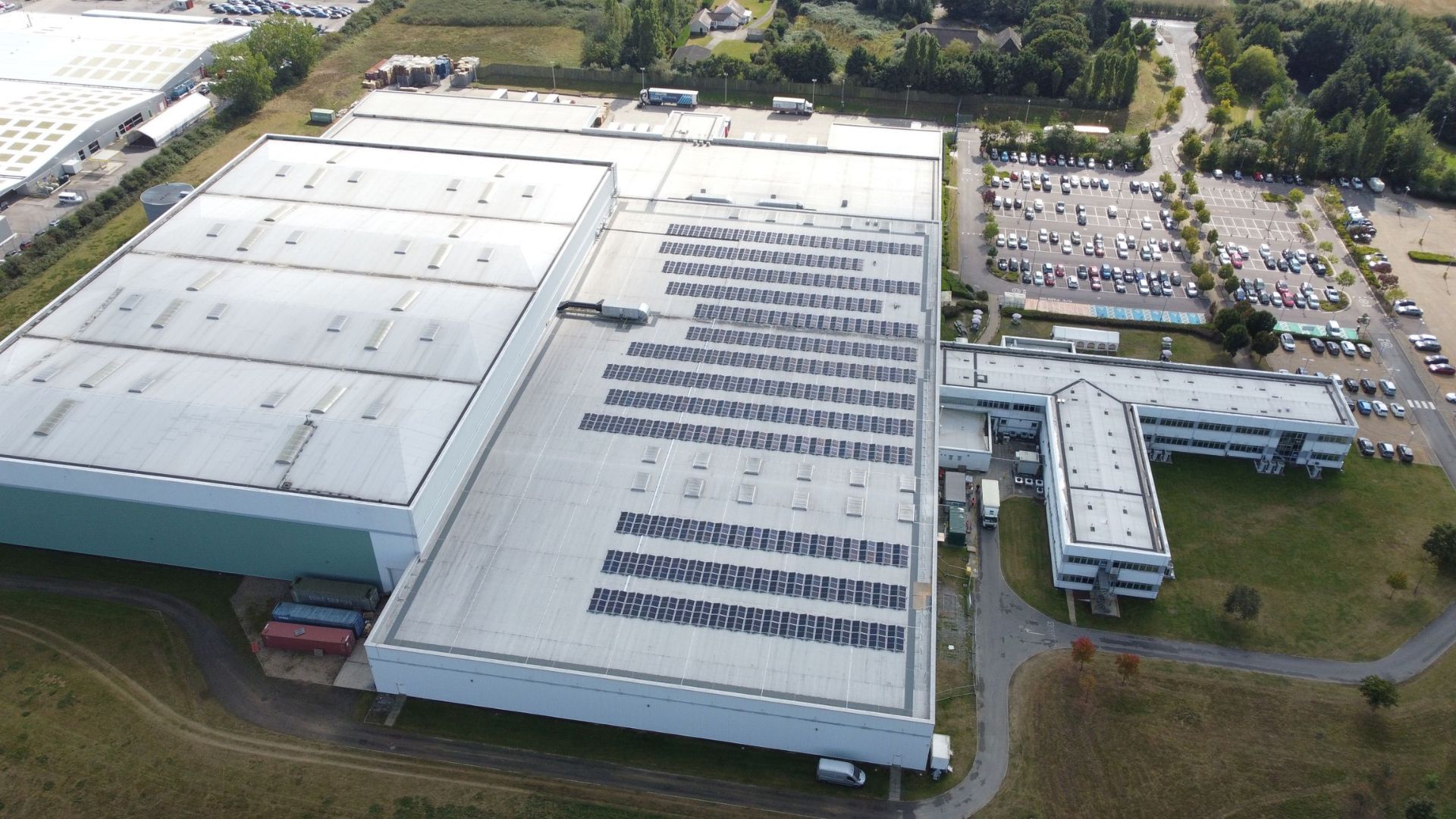You are viewing your 1 free article this month. Login to read more articles.
PRH reports increase in emissions for 2021, but levels still down on 2018
Penguin Random House UK (PRH) has reported an increase in its emissions for 2021 compared with 2020, with supply chain disruption a factor in the rise.
The publisher’s annual carbon emissions data reporting showed its overall carbon footprint increased by 13% since 2020, and is now 49,065 tonnes of carbon. However, PRH stressed this figure is down 11% on its baseline year of 2018.
Tom Weldon, c.e.o., said: “This year, our carbon emissions have increased in certain areas, while decreasing in others. There are many factors as to why certain areas increased, but, most importantly, continued supply chain disruption and more robust carbon data capturing processes means our impact was higher in 2021 than previous years.
“It is imperative that we take full accountability of the greenhouse gas emissions we emit as part of our business operations, which is why we produce our annual carbon impact report. We aim to show where our biggest impacts lie within our business and demonstrate how and where we’re taking action. We are committed to mitigate our impact on the planet and understand that we have a direct role to play in combating the climate emergency. Sustainability is one of our core values, as thinking and acting for the planet underpins everything we do, every day.”
Breaking down its carbon impact, PRH said its site emissions were up by 16% from 2020, but down by 71% compared with 2018. Key reasons for increase are down to heat, waste and energy emissions increasing over 2021. The publisher said: “Importantly, no waste goes to landfill and is collected by a third-party to be recycled or reused.” It also highlighted all these emissions are offset through its partnership with Climate Partner.
Employee emissions are up 9% from 2020, but down by 67% compared with 2018. This is due to business travel and employee commuting increasing as events and offices opened up during 2021. The publisher said: “We support a hybrid working environment, and are creating a sustainable travel policy to support employees who travel for work.”
Lastly, the value chain emissions were up 13% from 2020, and up by 8% compared with 2018. This is due to a several reasons, the publisher said, including a book deal with a Chinese customer to produce “millions” of books locally for them in 2021. “As part of this, we saw our overall emissions increase. Our Chinese suppliers, on average, have a higher footprint than those based in Europe and no supplier will emit the same amount of carbon emissions, and each vary in capabilities. Importantly, we’re working closely with all our suppliers to educate and support them in achieving carbon reduction initiatives,” the publisher said.
PRH also manufactured more books in local territories for Penguin Random House group companies in 2021, producing more than 9.5 million books (compared with 4.7 million books in 2020) for Penguin Random House Australia, India, South Africa and the US. “In many instances, these books would have been produced in the UK and shipped to these countries instead. Producing locally means we reduce our wider group carbon impact, as the freight emissions have significantly decreased,” it said.
However, the publisher said it faced “major supply chain disruption and material shortages” this year, which meant it had to diversify its supply chain quickly in order to deliver books. “In some cases, this will have led to an increase in our emissions,” it said. “Importantly, though, we always ensure we have full transparency and governance of our complete supply chain, and that all our papers remained FSC™ Certified”, it stressed.
The report showed PRH has removed 2,189 tonnes of carbon emissions since 2020, going climate neutral in its direct operations. It said more than 50% of its books were printed using renewable energy, and produced locally in the UK. In total, 75% of its print suppliers use part renewable energy, or have an energy reduction target, and 100% of the publisher’s paper is sustainably sourced (FSC™ certified).
It also highlighted that 35% of the publisher’s books are delivered straight from its printer, which means less carbon is used during transportation as books are not delivered to its warehouse first before going to customers. It has also installed more than 1,000 solar panels in its Frating Warehouse.
However, additions to carbon reporting retrospectively increased the publisher’s 2020, 2019 and 2018 carbon emissions. In 2021 new business areas such as packaging and CD manufacturing were included, and print and paper supplier data, including all of their scopes of emissions (one, two and three) were strengthened to ensure everything was accounted for. PRH said: “In future years, we expect to see some fluctuation to previous carbon impact figures as new information becomes available. Importantly, this will not stop us implementing our reduction strategy.”
Key challenges for the future include a 25% reduction in the carbon footprint coming from the publisher’s production suppliers. “We have much more conclusive carbon data for our printer and paper mill suppliers, and each year, as we increase our levels in reporting, we find new carbon impact areas to include for our suppliers and consequently increase our own impact. While this does present a challenge, most importantly, the greater transparency also allows us to work closely with our key suppliers to support them in reducing their own emissions in a more targeted way,” the publisher said.
It also stressed its work with “key partners in the industry” including ICTI (Ethical Toy Programme), which provides improved access and transparency of audit findings, allowing the publisher to act quickly should non-compliances be identified. All suppliers are also required to sign up to the Book Chain Project (BCP), which collects and analyses data from suppliers of more than 28 book and journal publishers, bringing supplier data together in one place for complete transparency. BCP covers forestry sources, chemical and materials, and fair labour rights. Both platforms develop key resources to support suppliers adopting best practice.
In 2023, PRH will refresh its Sustainable Production Toolkit and add in more options for staff to produce books with sustainability in mind. It will also create a green materials library for all staff to come and see some of the publisher’s more sustainable materials used by suppliers. PRH said it is also working with the marketing team to implement “something similar for when we deal with ad-hoc requests as part of promotional campaigns”.
Weldon said: “The 2020s will determine whether we have a chance of averting irreversible damage to our climate. Last year, a United Nations (UN) environmental study revealed that the planet is on track to warm by 2.7°C this century, and we know that as part of the Paris Agreement, temperatures need to be kept to a maximum of 1.5°C to combat the worst impacts of climate change. Several more reports show that greenhouse gas emissions are at record levels, with consequences likely to affect current and future generations.
“As a publisher, one of our most important roles is through the books we publish and their power to change minds and influence behaviour. We also must take urgent action to put sustainability at the heart of our business strategy and the decisions we make every day. Therefore, it is vital for us to innovate and improve to reduce the environmental impact of our own operations.
“For many years we have been working to ensure our books are made with sustainability in mind. Since 2020 we have taken strides to accelerate our work, developing internal tools, processes and policies that support positive behaviour change, as well as commit to industry standards and partnerships that elevate our work and drive long-term, sustainable action.”



















